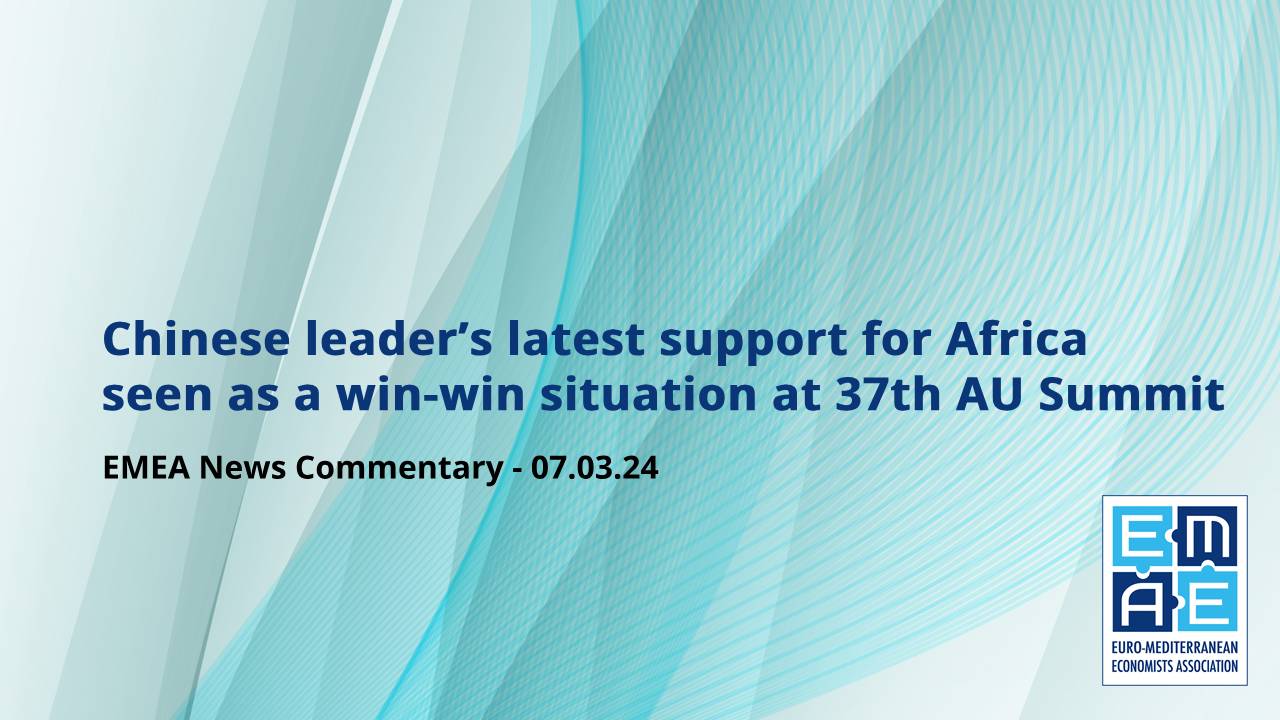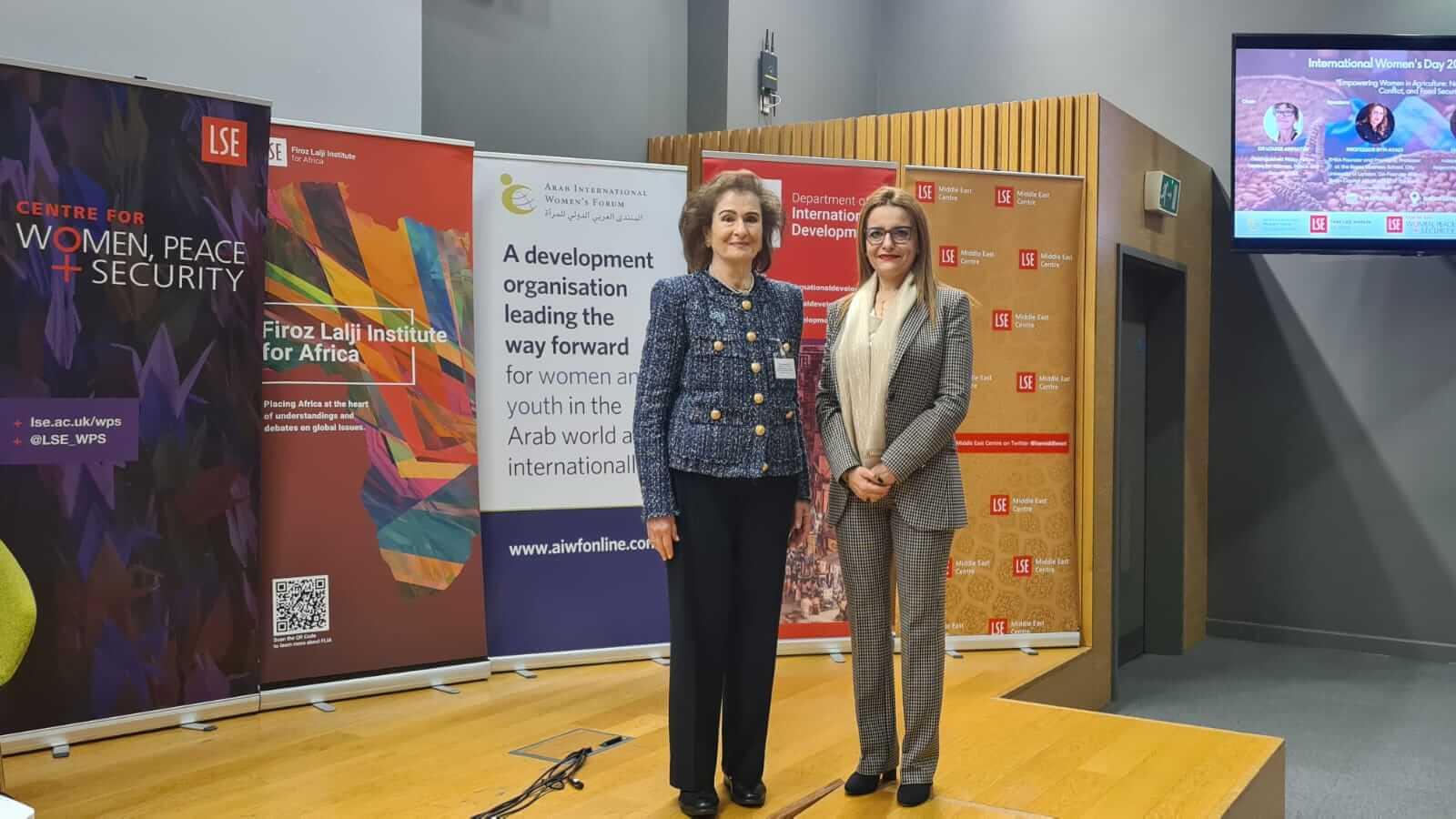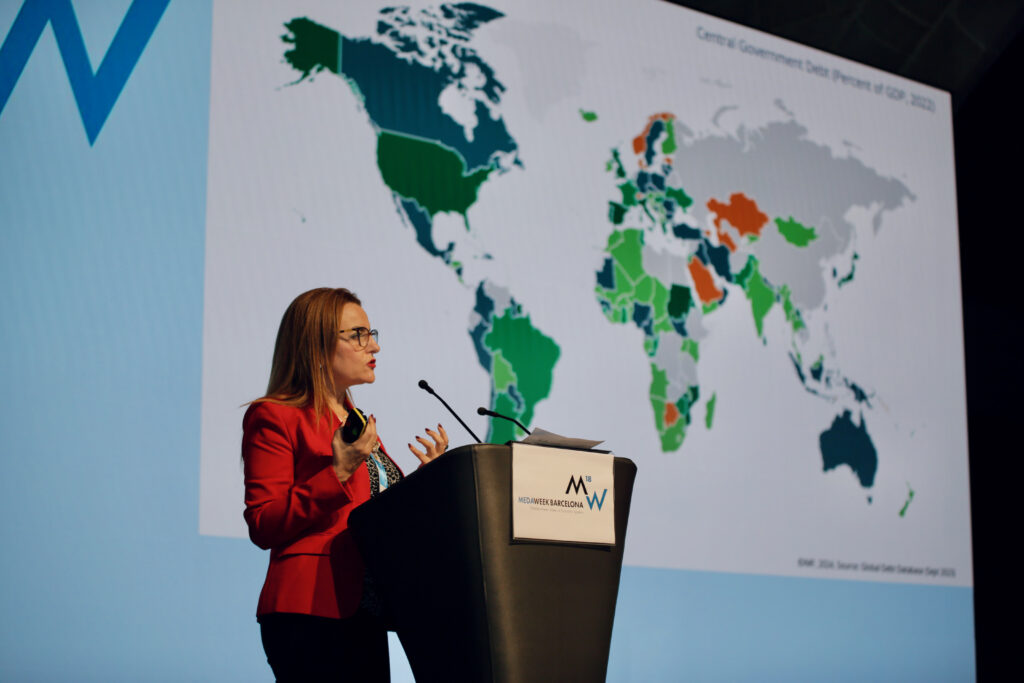In a personal message of support for the recent 37th African Union (AU) Summit, President Xi Jinping of China has encouraged a new blueprint in China-Africa cooperation.
President Xi urged “the joint building of a high-level China-Africa community with a shared future”, as announced in the New China News Agency.
It was reported that “people from all walks of life in various African countries believe that China-Africa relations will continue to be a model of South-South cooperation and look forward to working together to strive for modernisation.”
In his communique to the Addis Ababa-hosted event in Ethiopia, Xi said that the world was undergoing a profound, once-in-a-century change. A booming Global South, spearheaded by China and Africa, would have a major impact on the course of world history.
Recognising the significance of the AU’s accession to the G20, President Xi stated that this would bolster Africa’s representation and give it greater influence in global governance. “The AU brings African countries together to seek strength through unity and promote integration, as well as the building of free trade areas,” he said.
Xi stressed that China-Africa ties had strengthened over the past year. The two sides had supported one another “in exploring their modernisation paths and jointly create a favourable environment for realizing their development visions,” the News Agency reported.
Beijing’s backing for the AU received swift and widespread praise from across Africa. “President Xi’s message clearly shows that China is by Africa’s side in its development efforts,” said Lalu Etalla, a senior editor at the Ethiopian Broadcasting Corporation.
Youssouf Mandoha Assoumani, chairperson of the Permanent Representatives’ Committee of the AU, said that Africa would continue to foster “this win-win cooperation between the two sides.”
Amadou Diop, a Senegalese expert on China, observed that increasing investment and joint cooperation had helped shape new international relations, whilst Benjamin Mgana, The Guardian newspaper’s chief editor in Tanzania, noted that Xi’s message had emphasised the importance of solidarity and unity amongst African nations. It had also underscored Africa’s role in global governance “reflecting China’s steadfast support for Africa’s development.”
Meanwhile, the senior policy officer of the AU Infrastructure and Energy Development Department, Raissa Ada Allogo, said: “Through win-win cooperation, we can enhance the international influence of developing countries and collectively propel the world towards a better future.”
Liberian Governmental Ambassador-at-large, Robert Y Lormia II, asserted that China had supported the wider AU as well as individual nations. His own country, which had been subject to many years of war and post-war construction, had benefitted greatly from Chinese development assistance.
“China’s role as Africa’s largest trading partner has spurred economic growth and created jobs in both regions,” disclosed Joseph Mutaboba, a Rwandan expert in international relations and diplomatic affairs, adding that Xi’s proposal for further cooperation in industrialisation, agricultural modernisation and talent development at last year’s China-Africa Leaders’ Dialogue, held promise.
AU 2024’s resonating theme
The 37th AU summit was held under the AU’s 2024 theme for 2024, “Educate an African fit for the 21st Century: Building resilient education systems for increased access to inclusive, lifelong, quality and relevant learning in Africa.”
This had resonated with China’s initiative to support Africa’s talent development, according to Marthe Dorkagoum Boularangar, spokesperson for the AU Advisory Board against Corruption.
She added that China’s school building and resource programme had been “very helpful” and there had been extensive and successful collaboration between China and African countries in education and healthcare.
Humphrey Moshi, Director of the Centre for Chinese Studies at the University of Dar es Salaam of Tanzania, said he looked forward to enhancing cooperation between China and Africa “for the benefit of the people of both sides and realising the vision of a shared future.”
The timing of Xi’s announcement of a new blueprint for China-Africa relations was said to be particularly relevant, given that 2024 would also see the new session of the Forum on China-Africa Cooperation (FOCAC).
According to the Namibian independent economic analyst, Josef Sheehama, FOCAC was undoubtedly “a significant step forward in the long process of African integration, not only from an economic standpoint but also from a political perspective.”
And Paul Frimpong, executive director of the Ghana-based think-tank, the Africa-China Centre for Policy and Advisory, said he hoped the upcoming forum “will be a bridge for entrepreneurial cooperation and projects benefiting people in Africa and China.”
Due to President Xi promoting “a policy of sincerity, real results, amity and good faith” towards Africa, there had been win-win cooperation and common development, said Antoine Roger Lokongo, Professor of international politics at the Joseph Kasa-Vubu University in the Democratic Republic of the Congo.
Over the years, China had advocated common prosperity, security and stability. This had been based on the social, political, economic and cultural conditions and realities of African countries “no matter how big or small, working together to protect the world,” Lokongo added.
World Insights: China-Africa cooperation lauded at 37th AU summit-Xinhua (news.cn)
China-Africa cooperation lauded at 37th AU summit (planning.org.cn)





